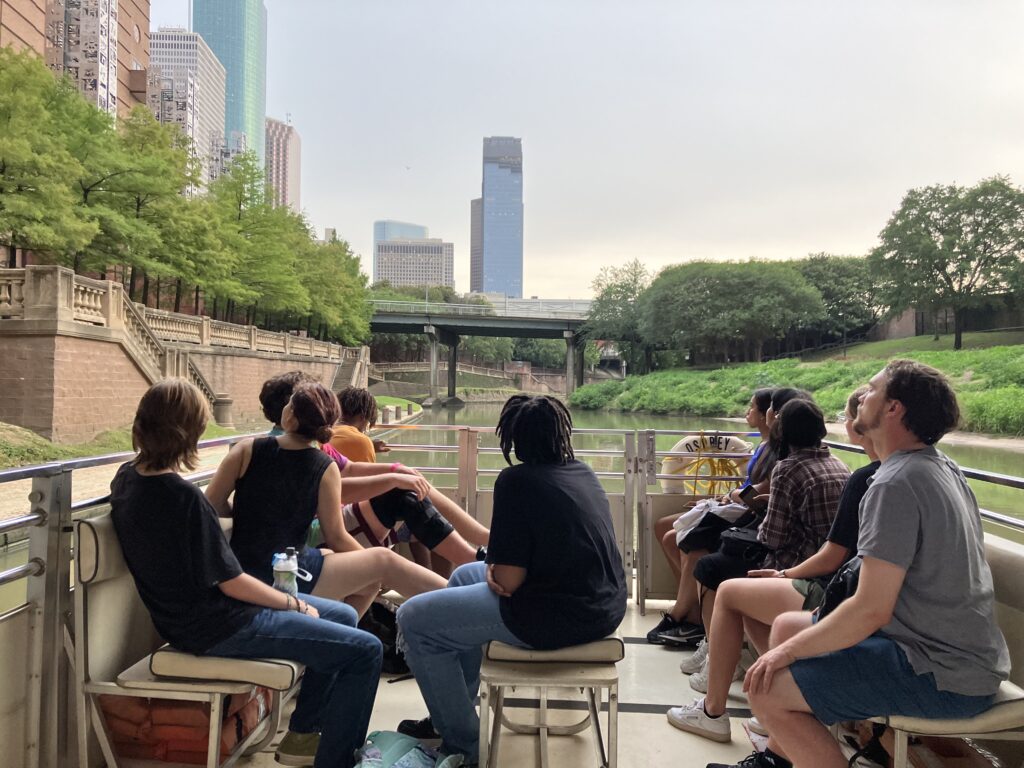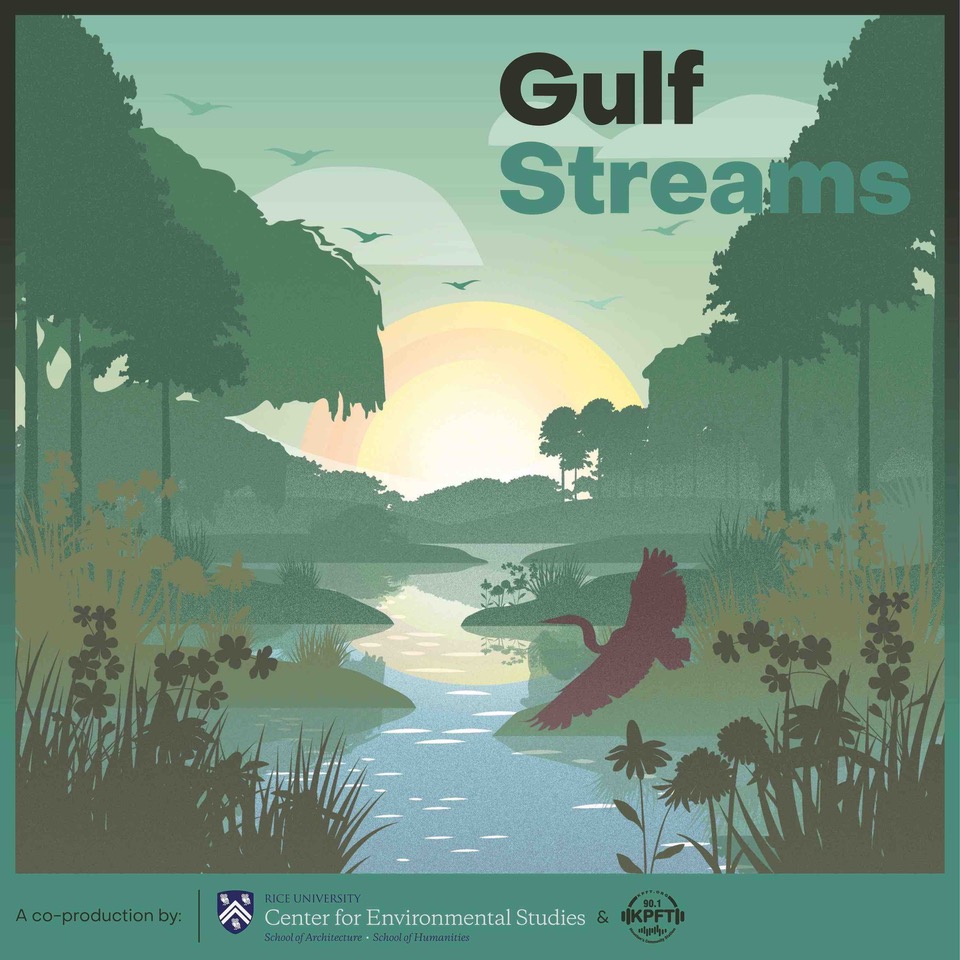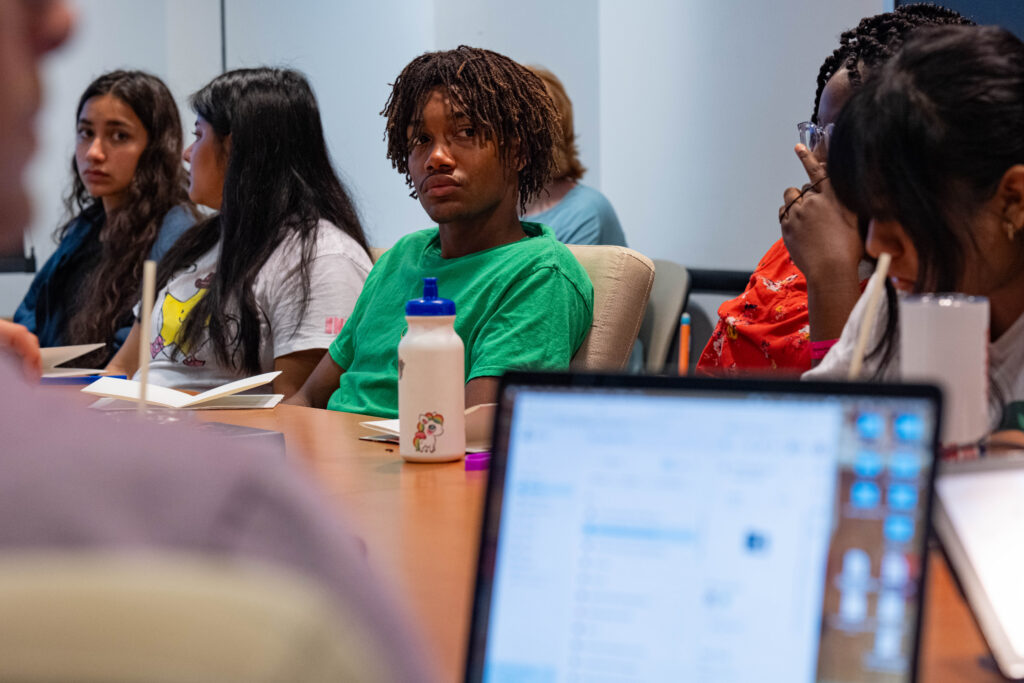Leveraging arts and media strategies to translate environmental research across audiences and communities and to imagine sustainable futures for all.

Covering a range of topics around Houston, the Gulf Coast, and the world, Gulf Streams brings you the best in conversations with community leaders and advocates, academic experts, and national thought leaders. Join us as we sit down every Monday at noon (central) to dive into the most pressing environmental challenges, solutions, and ideas. A co-production of Rice University’s Center for Environmental Studies and KPFT Houston, with support from Rice’s EcoStudio and the Andrew W. Mellon Foundation.


The Center for Environmental Studies, with support from Rice’s Building Research on Inequality and Diversity to Grow Equity (BRIDGE) Program, is proud to host an annual free summer program for Houston Independent School District high school students. This unique program focuses on environmental justice through storytelling via arts and media practices.
Carbon capture and storage (CCS) is often advertised as an easy fix for our climate crisis: capturing carbon dioxide from emission sources and storing it underground. However, it’s oil and gas companies that are aggressively pushing to expand CCS projects across the U.S., especially in Texas, without addressing the significant dangers and flaws of this technology.
This was produced with Commission Shift, an organization seeking to change regulatory oversight of oil and gas in Texas.



Dr. Joseph Campana is a poet and scholar of the literature and culture of early modern Europe, the era also known as the Little Ice Age, the last great moment of climate instability. He serves as William Shakespeare Professor of English and the Director of the Center for Environmental Studies and the Rice Sustainability Institute’s EcoStudio. His research considers the longer cultural histories that contribute to present day environmental challenges, including how people communicate about environmental problems and imagine solutions to them through a range of arts, media and cultural forms. He is PI for the Mellon-funded Diluvial Houston grant.
Dr. Weston Twardowski is Associate Director of the Center for Environmental Studies and Associate Director of the Rice Sustainability Institute’s EcoStudio. His research focuses on cultural change, especially in response to environmental threats and environmental justice. He has published on community engaged research practices and regularly designs and leads public, transdisciplinary research projects. His projects have received funding from the Mellon Foundation and the National Academies Gulf Research Program. He holds an Interdisciplinary PhD from Northwestern University, where he was a member of the CIVIC-STRONG NSF project focused on Native American sovereignty and environmental resilience.